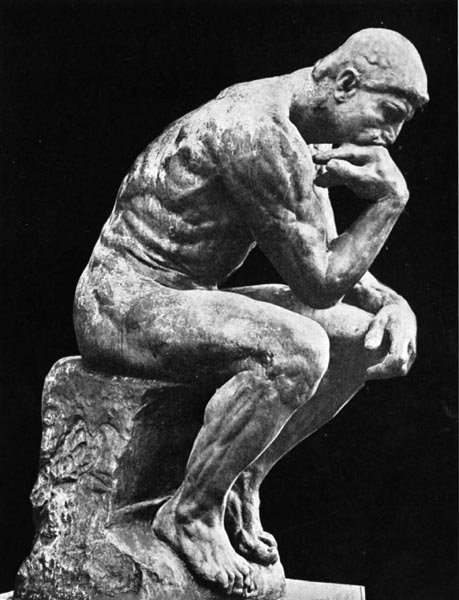Characteristics of mental processes: thinking, memory, attention and imagination. Thinking and Intelligence. /part 8/
Psychic mechanisms of creating imaginary images: Creating new images through imagination takes place in several ways, and they are: - agglutination - is the "fusion" in the imagination of two or more divisions of entire parts or elements of certain images; - hyperbolisation - a way of creating an imaginary image of an existing subject or phenomenon; - schematization - is to limit individual features and traits of images in order to outline the contours of the new image; - typing - a schematic-like way, based on the elevation of the most essential, typical; - a combination - represents by its own selection and union of certain traits, objects and phenomena; - reconstruction - a way in which individual parts, elements, signs of a given image are shifted and merged in a new way, resulting in a new image.
Types of imagination - the imagination expresses all the peculiarities of the personality's direction as a psychic property. They create the manifestation of different kinds of imagination. This difference is also determined by the extent to which a person is consciously and actively involved in this process, to what extent it is accompanied by the manifestation of certain willful efforts. Depending on this, imaginative can be divided into two types: passively - flows at the level of image reproduction and combining them into imaginary with extremely weak or missing control by the mind. Passive imagination, on the other hand, is deliberate and unintentional; - actively - characterized by purposefulness and conscious motivation of searching and building an image. Active imagination can be recreational and creative. Imagination in a typological and individual-differential relation is a very important and essential manifestation of the personality. In every person the imagination is manifested on its own and determines the character of his cognitive activity.
Intelligence - a relatively autonomous and dynamic structure of the cognitive properties of the personality that is formed and manifests in an activity conditioned by the cultural and historical conditions and ensures an adequate interaction of the person with the surrounding reality and its transformation; a totally integrated feature of human cognitive activity aimed at solving problems, the ability of the person to deeply and accurately reflect objects and phenomena in their essential relationships and laws, and to transform creatively the experience. Intellect is a system of most vital and active operations from orientations to essential conditions for problem solving. In a broader sense - a relatively stable and at the same time flexible, comprehensive set of functions manifesting the activity of the highly organized human brain, directed towards the knowledge and transformation of nature, society and the knowledge and acting subject. In a narrow sense, the ability to organize such special functions of cognitive activity, whereby one goal can be achieved most effectively, that is, with the least amount of time and resources. Efficiency is a measure of the intellect. The core of the intellect is man's ability to separate, in a given situation, its essential properties, relationships, and behavior.

Fascinating thanks mate. Great read.